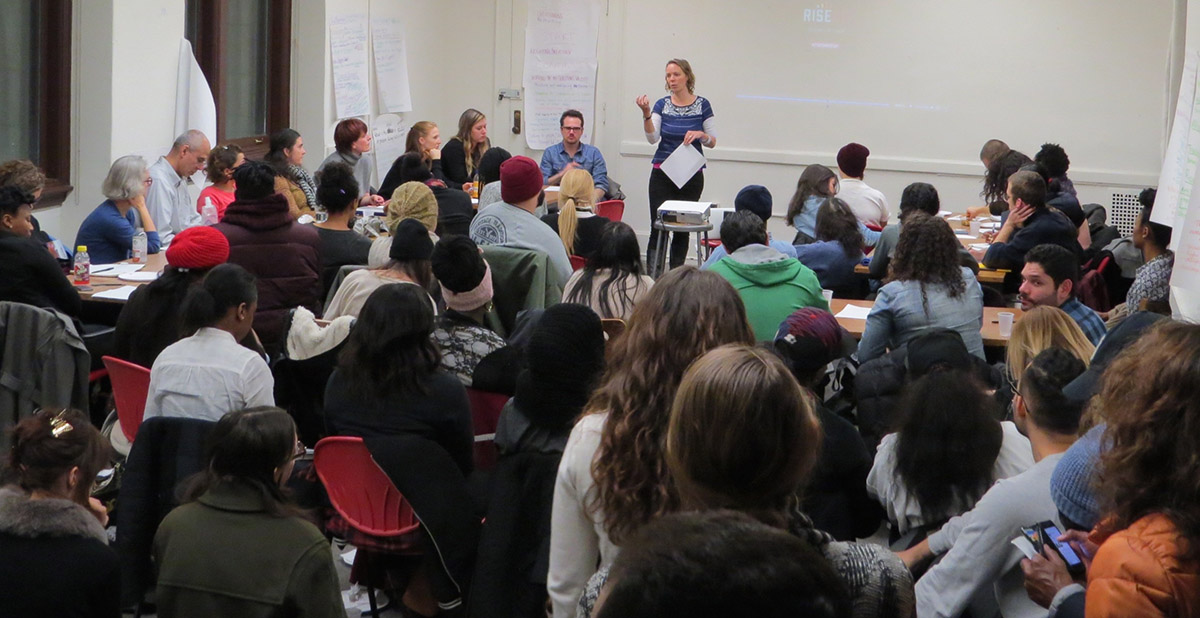Author: Marit Dewhurst

Marit Dewhurst (she/her) is the Director of Art Education and Associate Professor of Art and Museum Education at The City College of New York. She has worked as an arts educator and program coordinator in multiple arts contexts including community centers, museums, juvenile detention centers, and international development projects. Prior to joining the faculty at CCNY, she directed The Museum of Modern Art’s free studio art programs for teens. Her research and teaching interests include social justice education, community-based art, youth empowerment, anti-racist teaching, and the role of the arts in community development. Building on her work with teen programs in museums, she co-founded and worked closely with the Museum Teen Summit, a youth-led museum advocacy group. In addition to multiple journal articles and chapters, her first book, Social Justice Art: A framework for activist art pedagogy highlights how young activist artists make art to affect their communities. Her second book, Teachers Bridging Difference: Exploring identity through art describes how educators can use art to better understand themselves and their connections with people across different sociocultural identities.